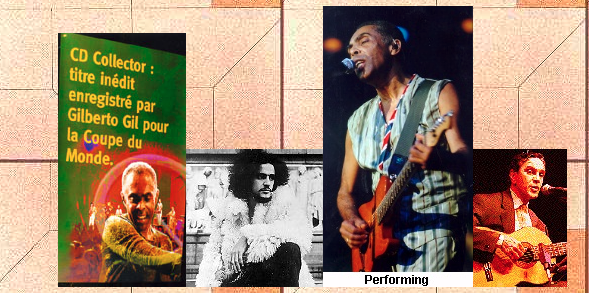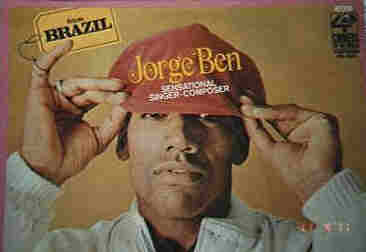Brazilian Popular Music and Globalization
Tropicália, Counterculture, and the Diasporic Imagination in Brazil
Christopher Dunn

About the article:
In Brazil, mestiçagem is inextricably linked to the national imagination while hybridity may be associated with an insurgent diasporic imagination. This paper demonstrates that the national-popular paradigm for cultural production began to break down in the late 1960s during the cultural movement known as tropicalismo which posited a fragmented and heterogeneous view of Brazil. Attacked by the military regime and the left-wing opposition alike,the Tropicalists posited a critical re-evaluation of Modernism of the 1920s.They defied the dominant “national-popular” paradigm for cultural production, which conceive Brazilian culture as a reservoir of national “authenticity” and as an expression of the nation’s unique mestiço identity, suggesting instead a fragmented “hybrid-multicultural” paradigm to challenge the universalist ideology of brasilidade, and privileging individual subjectivities not readily subsumed by class. Tropicalism was an “archaeological dig” into the “ruins of history” which uncovered the “marginália” of Brazilian society and revealed the radical disjunction between modernity as a cultural project and modernization as a socio-economic reality. In the wake of the tropicalista movement, a cultural politics of difference emerged in the early 1970s which was particularly manifest in popular music. Since then, Afro-Brazilian music has absorbed influences from African-American soul and funk, Jamaican reggae, African pop, and more recently, rap music. New hybrid forms of musical expression have accompanied an increasing awareness of racial discrimination and violence in Brazilian society. Transnational cultural products of the African Diaspora have led to the creation of hybrid counter-cultures in Brazil which also defy the dominant national imagination based on mestiçagem.
Two US LPs:


Christopher J. Dunn is Professor at Tulane University, where he holds a joint appointment in the Department of Spanish and Portuguese (Chair) and in the African and African Diaspora Studies Program. He is also an affiliate of the Roger Thayer Stone Center for Latin American Studies.